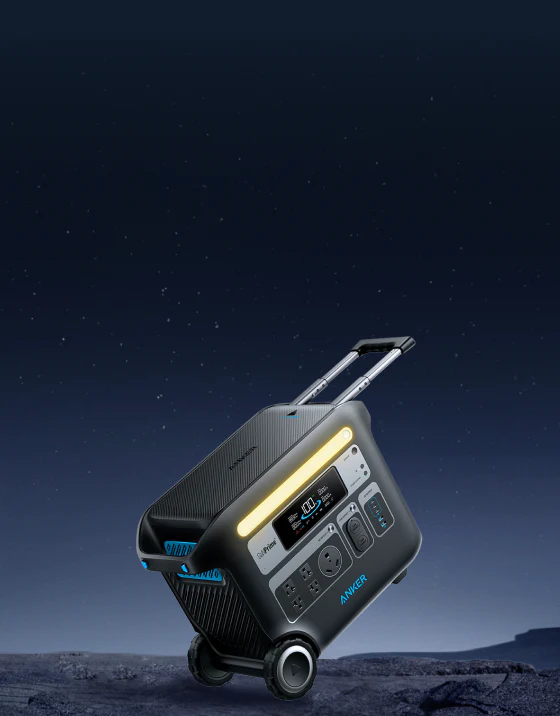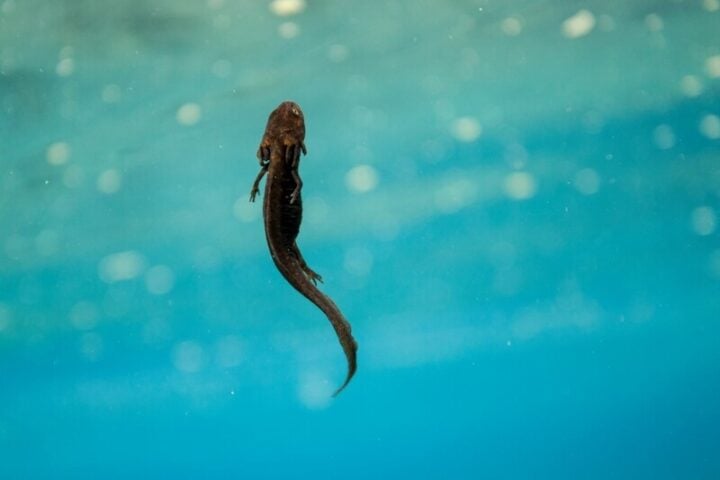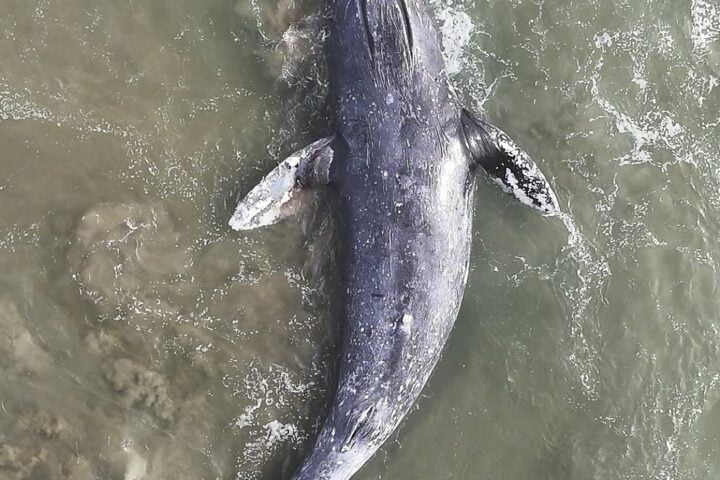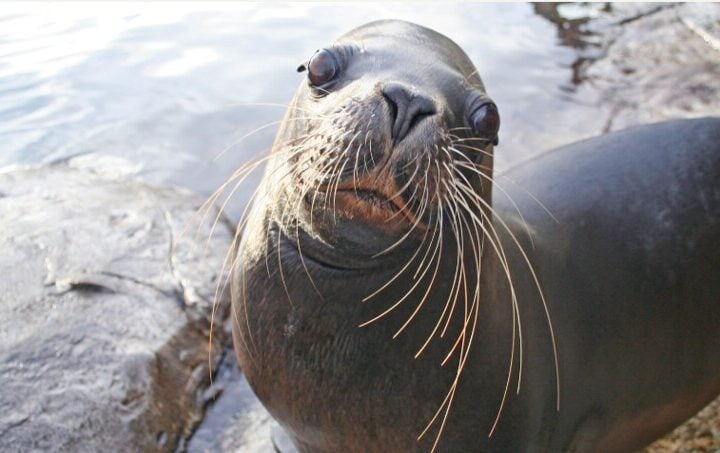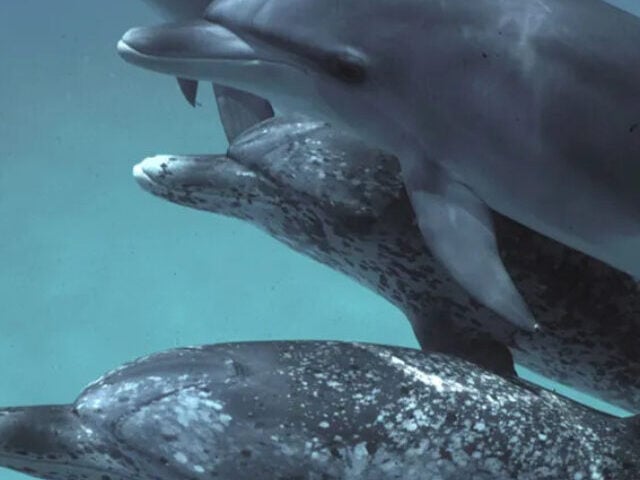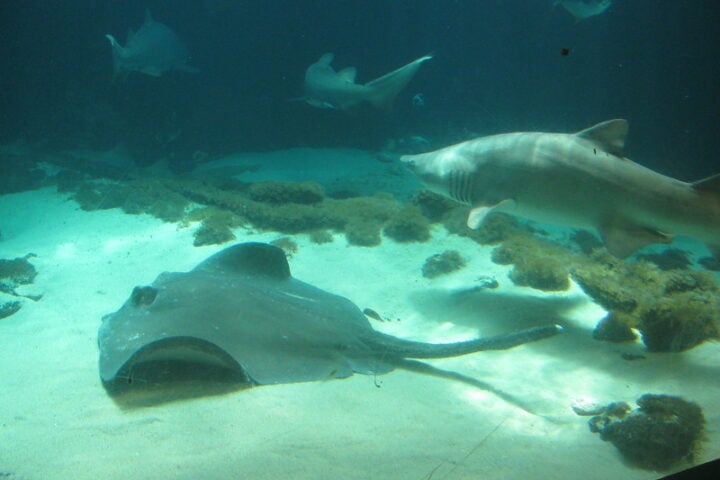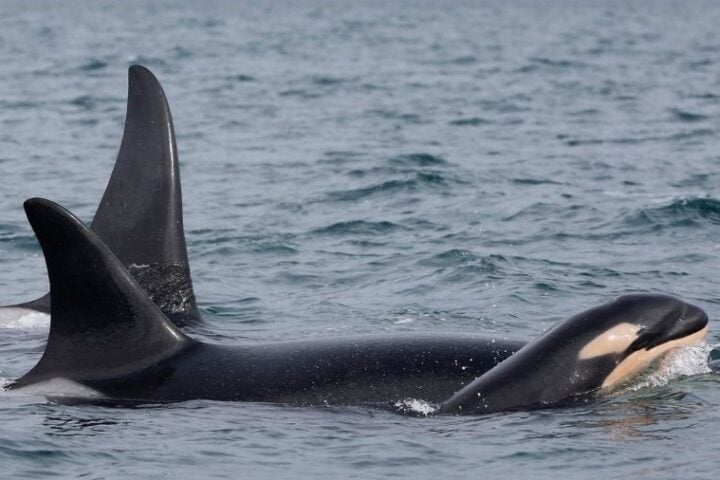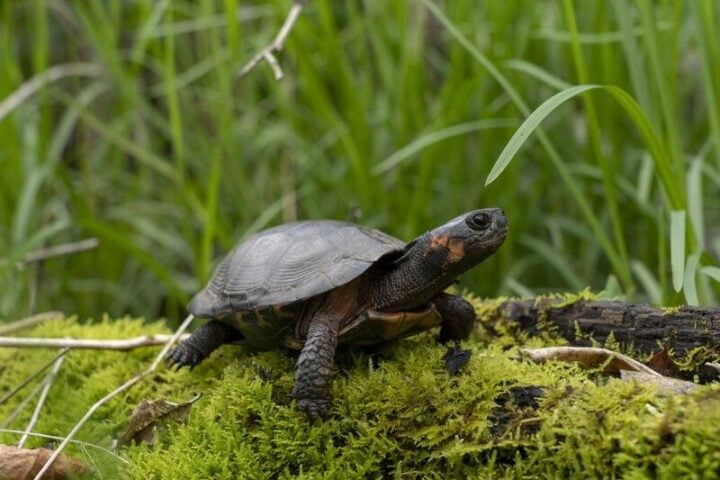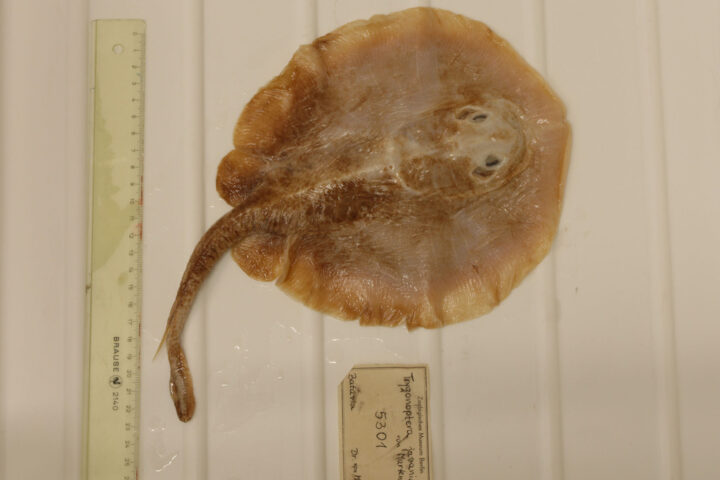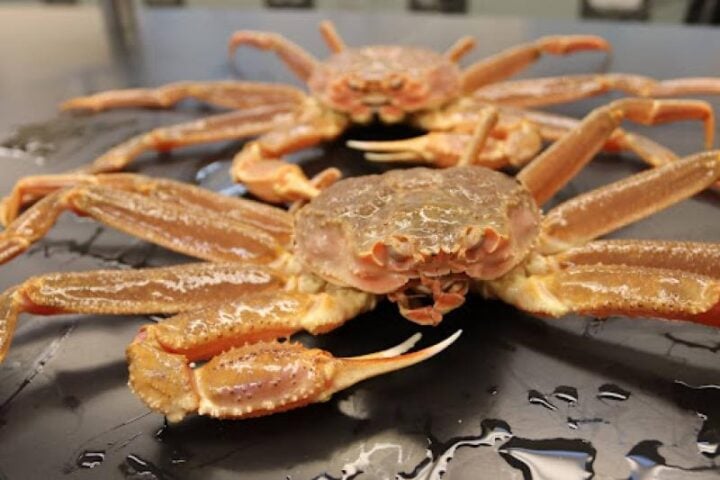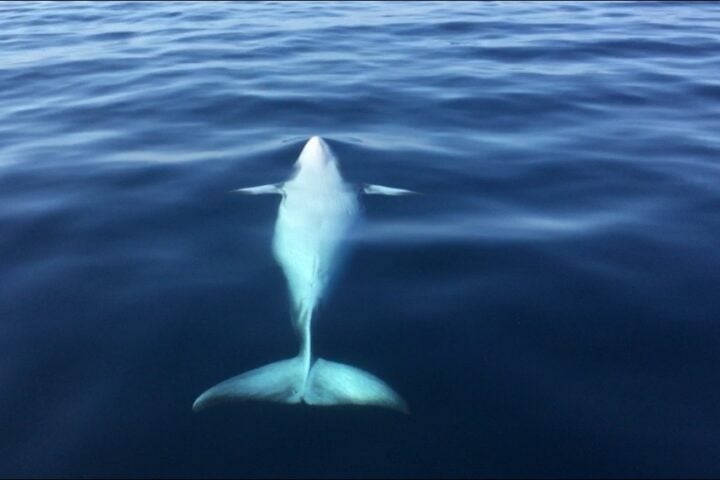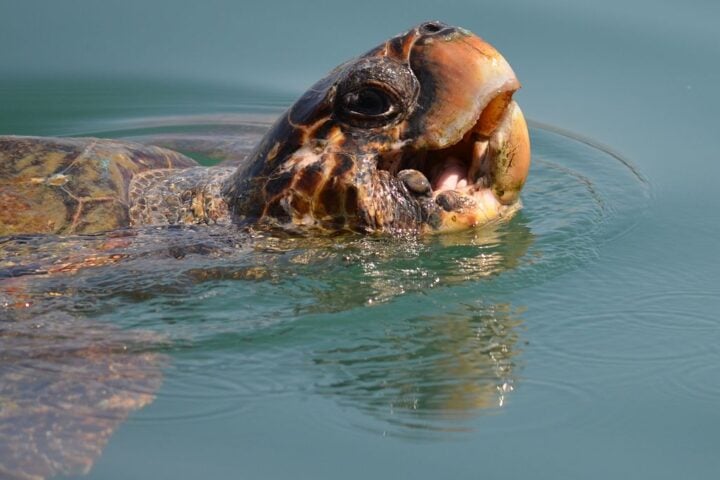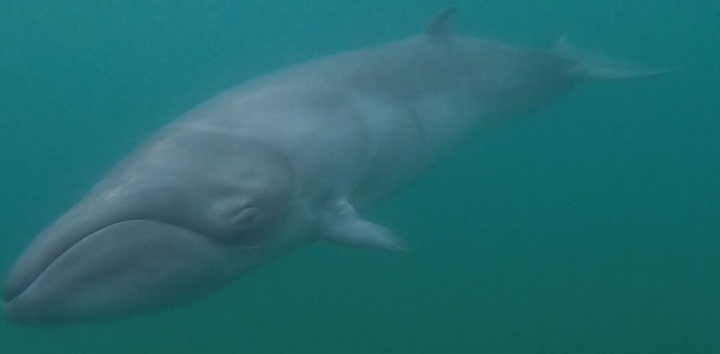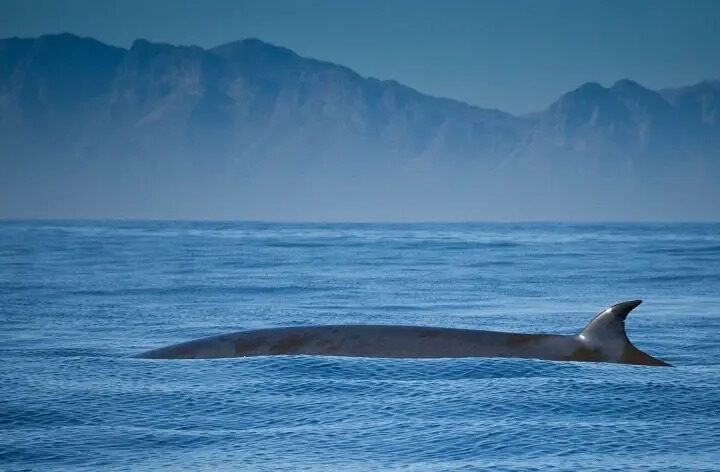Texas beachgoers are encountering an intriguing blue creature, the Blue Button, while competing for sand space. Blue Buttons resemble small bright blue jellyfish but are distant relatives. Porpita porpita is a hydrozoan species that forms a colony of many small hydroid animals, featuring a central float and streaming tentacles. Similar to jellyfish, Blue Buttons possess stinging nematocysts in their tentacles’ white tips, cautioning against touching them. Nematocysts are cell capsules with coiled threads and stinging barbs that shoot out upon stimulation, injecting a poisonous liquid. While Blue Buttons are not lethal to humans, their stings can cause skin irritation. These unique blue globular organisms have been washing ashore on Texas beaches during the summer.
Blue Buttons are commonly found floating ashore along the Gulf of Mexico, with a main body float and protruding hydroid colony tentacles. Galveston Bay Area Chapter describes the tentacles appearing in bright blue, turquoise, and sometimes yellow colors. Blue Buttons are marine organisms known as hydroids, consisting of clumped zooids that float rather than swim. Reports indicate recent sightings of Blue Buttons at Galveston Island State Park, particularly turquoise-colored ones. Blue Buttons are attracted to the shore by plankton blooms, a significant food source for them. Beachgoers are advised to exercise caution and refrain from touching Blue Buttons, as their tentacles possess stinging cells called Nematocysts. The Texas Master Naturalist organization mentions that Blue Buttons may not always appear bright blue; they can exhibit turquoise or yellow coloration. Blue Buttons commonly inhabit Gulf of Mexico shores, drawn to shorelines by plankton blooms.
Similar Post
In addition to their unique appearance, Blue Buttons have a fascinating feeding behavior where their mouth releases waste. Observers have commented on Texas Parks and Wildlife’s Facebook warning, describing the animals as beautiful yet prompting cautionary responses. Sightings of Blue Buttons have been reported at various beach locations, including a pocket park on the west end. People have expressed mixed emotions, appreciating the beauty but also expressing the need for caution. The Texas Parks and Wildlife warning serves as a reminder for beachgoers to remain aware of Blue Buttons while enjoying the shoreline during the summer. The presence of Blue Buttons and their unique characteristics spark curiosity and a desire to observe them from a safe distance.

